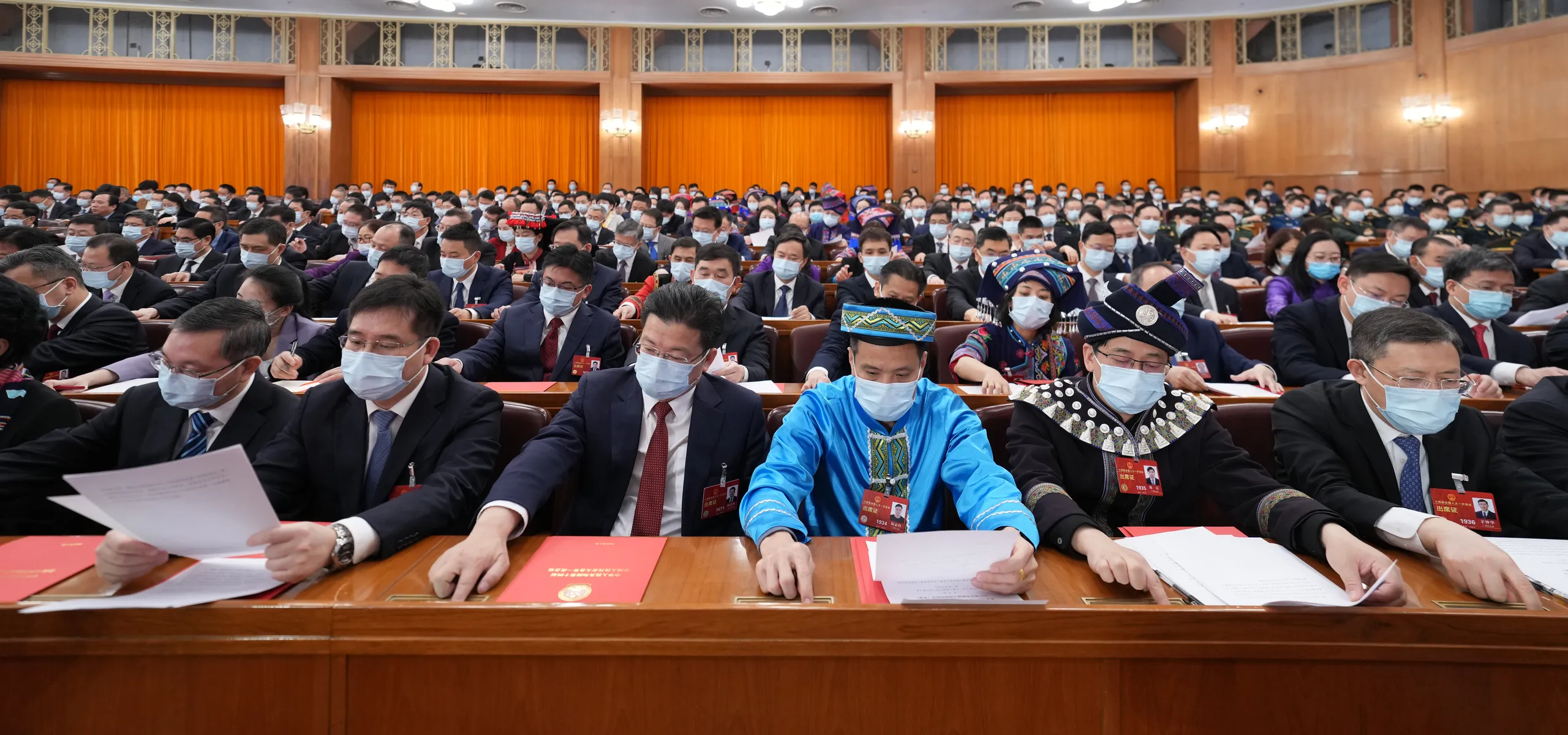Some of the most notable and controversial proposals from the annual meetings of China’s legislative bodies
After a momentous year in which Covid policies dominated the headlines, representatives from China’s National People’s Congress (NPC) and members of the Chinese People’s Political Consultative Conference (CPPCC) are attending their annual gathering as China opens up again in 2023.
The “Two Sessions”—the annual parliamentary meetings that gather delegates from across China to discuss and approve national priorities—have seen politicians give substantial speeches on everything from foreign policy to economic outlooks. But the meetings are also a time for delegates to put forward their own ideas. Some appear at least well-considered, like plans to reduce work hours or reign in cyberbullying, though others have been controversial, like plans to change holidays.
Here are some of the most hotly debated and strangest proposals put forward by NPC representatives and members of the CPPCC this year:
Marriage and Family
Chinese policymakers have tried various ways—for example the infamous “divorce cool-off period”—to stem what they perceive as a worrying increase in divorce rates in the country. The latest proposal by the Revolutionary Committee of the Nationalist Party suggests not allowing couples with children under the age of 10 to petition for a consensual divorce (they can presumably still sue for non-consensual divorce through the courts). For couples with children who are over 10, but are not yet legal adults, the proposal calls for the children to be asked their opinion before the parents can proceed with a consensual divorce.
Skyrocketing “bride price,” or caili (彩礼), has made national headlines nearly as often as divorce rates recently. Often viewed as one of the major obstacles for young people in rural China to get married, central and local governments have made various efforts over the years to “educate” villagers to abandon the practice. During this year’s CPPCC, the All-China Women’s Federation (ACWF), the state-sponsored organization representing women’s rights, proposed to a cap on bride price in village regulations. CPPCC member Wu Haiying from the ACWF also suggested local government publicity departments produce a series of “cultural products” promoting examples of unions made without caili and promote the idea of “working together towards happiness as a couple after marriage.”













